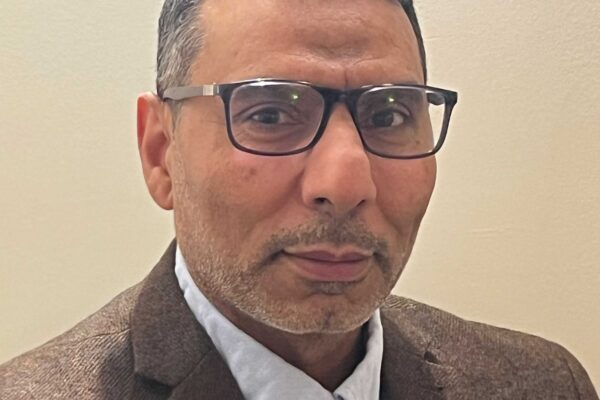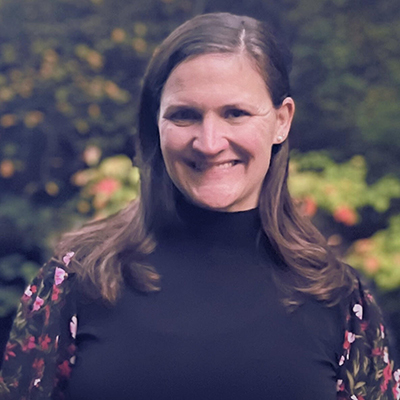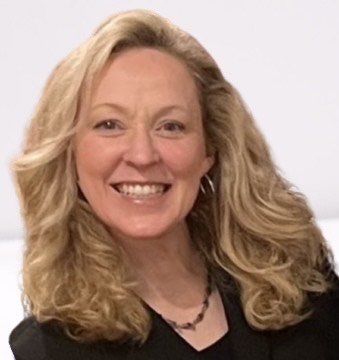The Power of Teaching Empathy
 What is a global citizen and why is it so important in our world today? This is the very question Tracy Sockalosky set out to find the answer to when she reached out to her PLN on Twitter to collect their voices on Flipgrid. A huge advocate of teaching empathy and social emotional learning, she is teaching her students to question and understand the cause and effect of the choices they make. Her passion about empathy stems from her own education and teaching about the Holocaust. While this is where she started, her curriculum and passion for teaching has evolved into an all encompassing effort in helping students to understand that lack of empathy is an ongoing problem and not tied to a single point in history. Tracy and her colleagues have developed a “cultivating Global Citizens in Training” concept within her middle school. The goal of their curriculum is to incorporate lessons from around the world and ask students why the world is the way it is and, more importantly, what role they play in it. While they may not have all of the answers, the students learn what questions to ask themselves.
What is a global citizen and why is it so important in our world today? This is the very question Tracy Sockalosky set out to find the answer to when she reached out to her PLN on Twitter to collect their voices on Flipgrid. A huge advocate of teaching empathy and social emotional learning, she is teaching her students to question and understand the cause and effect of the choices they make. Her passion about empathy stems from her own education and teaching about the Holocaust. While this is where she started, her curriculum and passion for teaching has evolved into an all encompassing effort in helping students to understand that lack of empathy is an ongoing problem and not tied to a single point in history. Tracy and her colleagues have developed a “cultivating Global Citizens in Training” concept within her middle school. The goal of their curriculum is to incorporate lessons from around the world and ask students why the world is the way it is and, more importantly, what role they play in it. While they may not have all of the answers, the students learn what questions to ask themselves.
Student voice is key in synthesizing this learning and can take on different forms in her classroom. “So often my students have ideas that are unspoken so it’s important that student voice is able to take many forms such as drawing or writing, and perhaps but not necessarily video”, says Tracy. “All too often we focus on the end result, for example publishing via student blogs. Students first need a confident voice if they are to develop into that person who can eventually convey their thoughts at a global level. These lessons are more important than a flashy end result,” states Sockalosky.
“In their year end Global Issues Project, we give our 7th graders their choice of topics and help with resources. These choices center around global issues we have explored or uncovered throughout the school year.” By further exploration through their own research of their topic, her students learn how the global issue impacts the world and why people should care about the issue. Students also have a choice of which medium to convey their findings. Creating a TED Talk was an option offered and over one third of students chose this medium for their project. “The thought, care and collaboration that they put into it was incredible” states Sockalosky.
While it may seem a daunting challenge, Tracy is a proponent for themes and understanding of concepts as opposed to memorizing content. She maintains that all teachers, regardless of discipline, can bring a world topic into their classroom to engage students. “If we allow the students to be intellectually curious, they will learn”, states Sockalosky. “If I can cultivate my students to have a voice and that their voice does matter, then they will be fine. It is my goal for the year to help my students develop this curiosity and voice.”
Tracy’s practice often takes shape beyond the walls of her school. In addition to collaborating with others on Twitter, she provides tips for educators on her Learning, Teaching, and Exploring blog. In her EdTalk, found on YouTube, she shares the reasoning behind her teaching methods and desire to foster empathy for others after visiting Auschwitz. This experience furthered her mission in teaching empathy & social emotional learning. “In order for students to understand others, they first need to understand their own identity and how it shapes the way they view situations. Young adolescents often consider things solely from their viewpoint.” Tracy also helps her students to understand that differences are not a bad thing, and that being a change-maker does not mean you need to change the world. She helps her students to discover that small changes can make a difference, and that the totality of these small changes can be huge.
“They amaze me with their perceptive nature and their questions. These kids are our future and we have amazing and highly intelligent young people to bring us forward.”
Tracy Sockalosky teaches world geography at the Wilson Middle School in Natick and is a US Holocaust Memorial Museum Teaching Fellow. She is also a member of the planning committee for EdCamp Boston and November Learning for their BLC conference.
Follow her on Twitter @tsocko
 Print this post
Print this post



